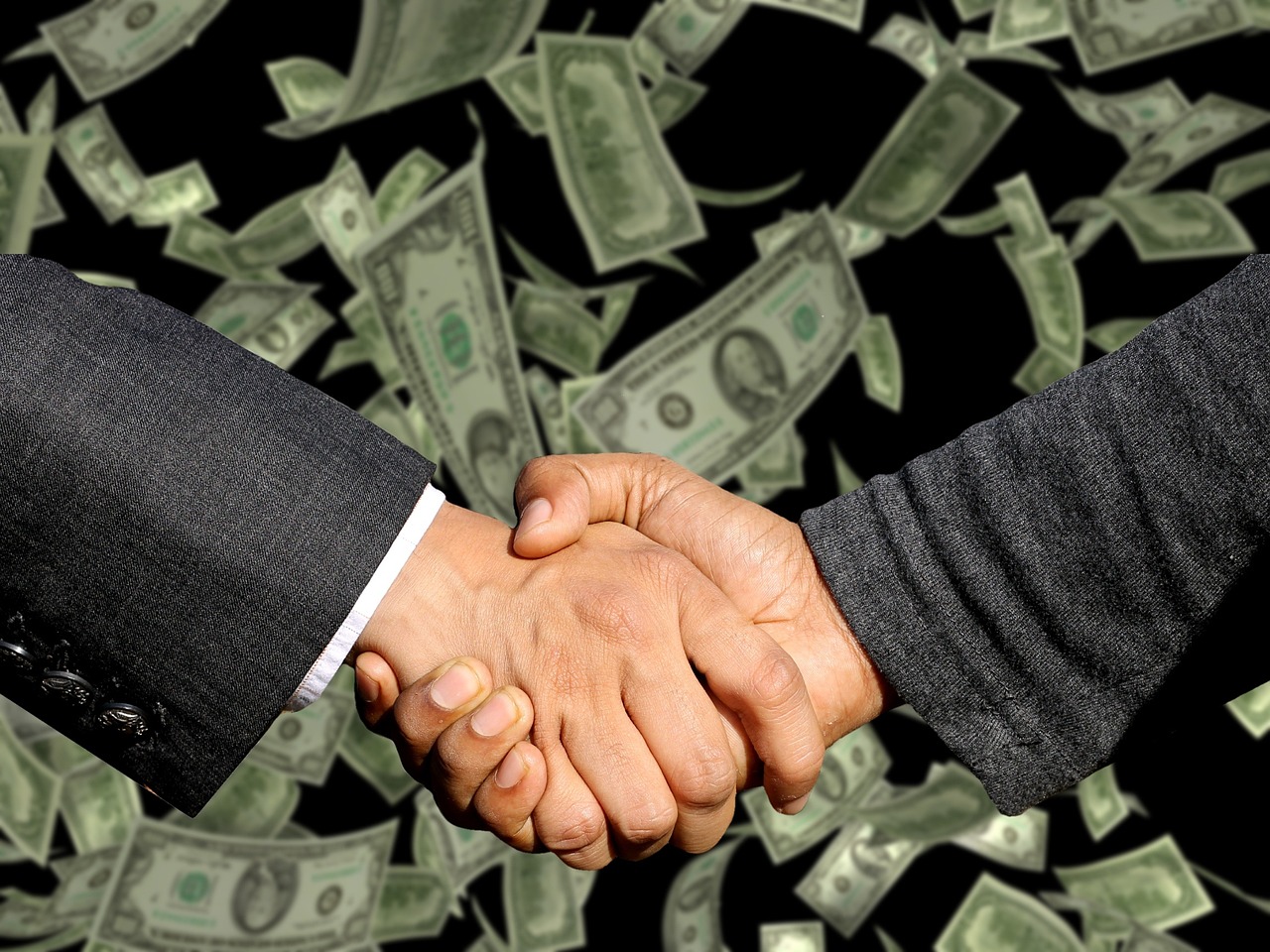Selling a business is more than a financial transaction—it’s a pivotal moment that can redefine your career and life. Whether you’re eyeing retirement, a fresh start, or cashing in on years of hard work, understanding the costs of selling is key to maximizing your return. This guide provides an in-depth look at the various expenses you’ll encounter on this journey, ensuring you’re prepared for every step.
1. Professional Valuation Services
To set the right price and attract serious buyers, you need a clear understanding of your business’s value. While some brokers offer basic valuation services, larger or more complex businesses may benefit from a detailed professional appraisal.
- Professional Business Appraiser: Costs range from $5,000 to $30,000, depending on the intricacy of your business. This fee covers an in-depth analysis of assets, market trends, and earnings potential.
- Comparative Market Analysis: For smaller or simpler businesses, a $500 to $1,500 analysis can offer a snapshot based on recent sales of similar businesses .
2. Financial Preparation
Buyers will dig deep into your financial history during due diligence, so clean, accurate financial records are a must. This step not only helps you present your business in the best light but also speeds up the selling process.
- CPA Fees: Expect to pay $2,000 to $10,000 for professional help in preparing and auditing 3-5 years of financial statements. This investment can help uncover discrepancies and improve buyer confidence .
- Bookkeeping Catch-Up: If your records are out of date, catching up can cost $1,000 to $5,000 .
3. Business Optimization
Enhancing your business before listing it can boost its market appeal. Streamlining operations or modernizing technology can improve efficiency and demonstrate potential to prospective buyers.
- Management Restructuring: Depending on your goals, this could range from $0 to $50,000+.
- Technology Upgrades: Bringing your systems up to date might cost anywhere between $5,000 to $100,000+, based on your needs.
- Facility Improvements: Cosmetic updates like a fresh coat of paint or minor renovations can run $2,000 to $20,000 .
4. Marketing and Advertising
The right marketing can attract the perfect buyer, speeding up the sale and potentially driving up the price.
- Business Broker Commission: Typically, brokers charge 8-12% of the final sale price. While this may seem steep, their expertise in negotiating and marketing often results in a higher sale price .
- DIY Listing Fees: If you choose to sell on your own, expect $500 to $2,000 for listings on popular business-for-sale platforms.
- Marketing Collateral: Professionally crafted pitch decks and selling memorandums can cost $1,000 to $5,000, but they make a lasting impression .
5. Legal and Administrative Costs
Legal guidance ensures that the transaction is airtight, minimizing risks for both parties.
- Attorney Fees: This expense can range from $5,000 to $30,000, generally around 1-2% of the sale price. Legal services include drafting the purchase agreement, handling negotiations, and ensuring compliance with local laws .
- Escrow Fees: These typically range from 1-2% of the transaction value and help secure funds during the sale.
- Filing and Transfer Fees: Costs vary by state and business structure, typically $500 to $5,000 .
6. Transition Costs
Transitioning ownership smoothly can make a big difference in buyer satisfaction and the success of the deal.
- Training and Handover Period: This may involve 1-3 months of unpaid time to help the buyer get up to speed.
- Non-Compete Agreement: This legal document restricts you from competing in the same market, but the opportunity cost can vary based on your industry and region.
7. Tax Implications
Taxes are often overlooked, but they have a major impact on the final payout. It’s crucial to plan for this aspect well in advance.
- Capital Gains Tax: This applies to the profit you make from selling your business, usually ranging from 15-20% for most sellers.
- Depreciation Recapture: If you’ve depreciated assets like equipment or real estate, you may owe up to 25% on recaptured depreciation.
- State Taxes: These vary but can be a significant expense depending on your location.
Cost Breakdown Example
For a business with a sale price of $1,000,000, here’s a potential breakdown of the expenses involved:
- Valuation and Financial Prep: $15,000
- Business Optimization: $30,000
- Broker Commission (10%): $100,000
- Legal and Administrative: $20,000
- Marketing and Advertising: $5,000
Total Costs: $170,000 (17% of the sale price)
Key Takeaways
- Expect costs to range from 10-20% of the final sale price.
- Larger businesses often benefit from economies of scale, resulting in lower percentage-based costs.
- Investing in professional support can help you secure a higher price and a smoother transaction.
- DIY selling can save on commissions, but it may take longer to find a buyer or result in a lower sale price.
- Tax planning is essential to maximize your net proceeds.
While these expenses may seem daunting, the right professional assistance often pays for itself by ensuring you achieve the best possible outcome. Consulting with experts in valuation, tax, and legal matters is a smart move to tailor your strategy and meet your unique needs.



Its like you read my mind You appear to know so much about this like you wrote the book in it or something I think that you can do with a few pics to drive the message home a little bit but instead of that this is excellent blog A fantastic read Ill certainly be back
Your articles never fail to captivate me. Each one is a testament to your expertise and dedication to your craft. Thank you for sharing your wisdom with the world.